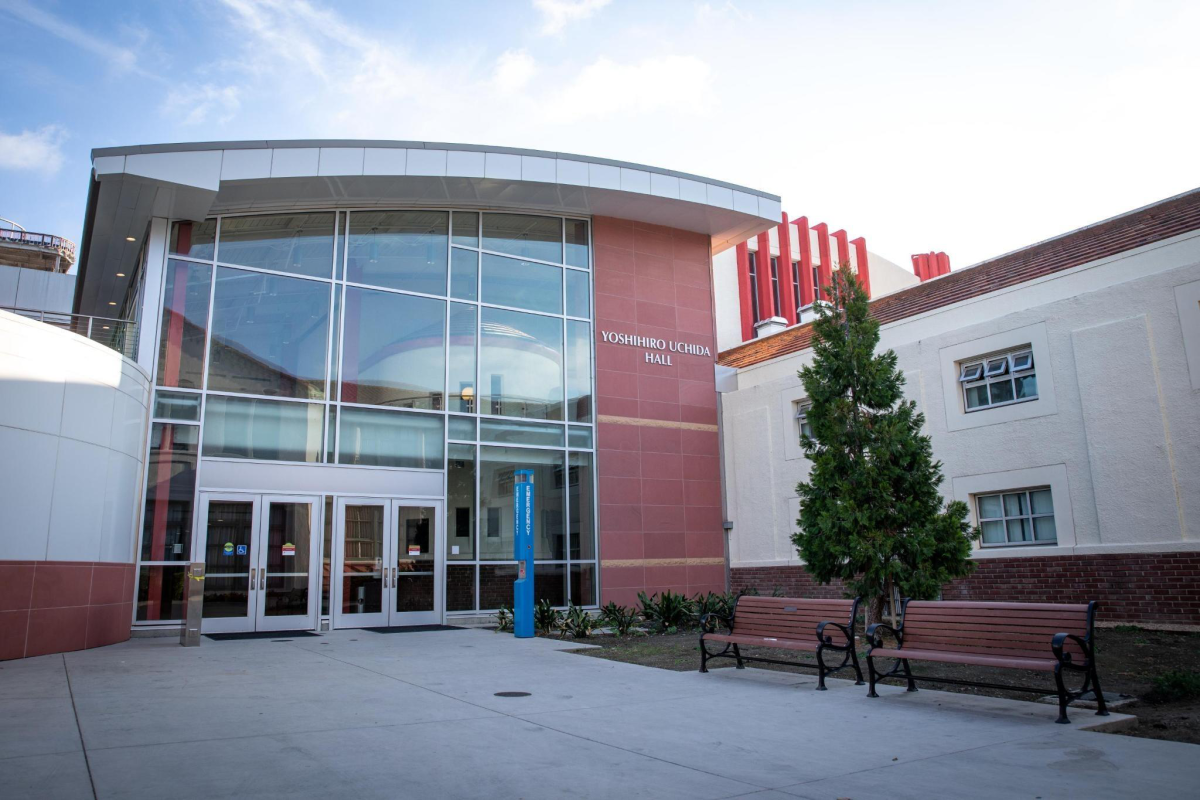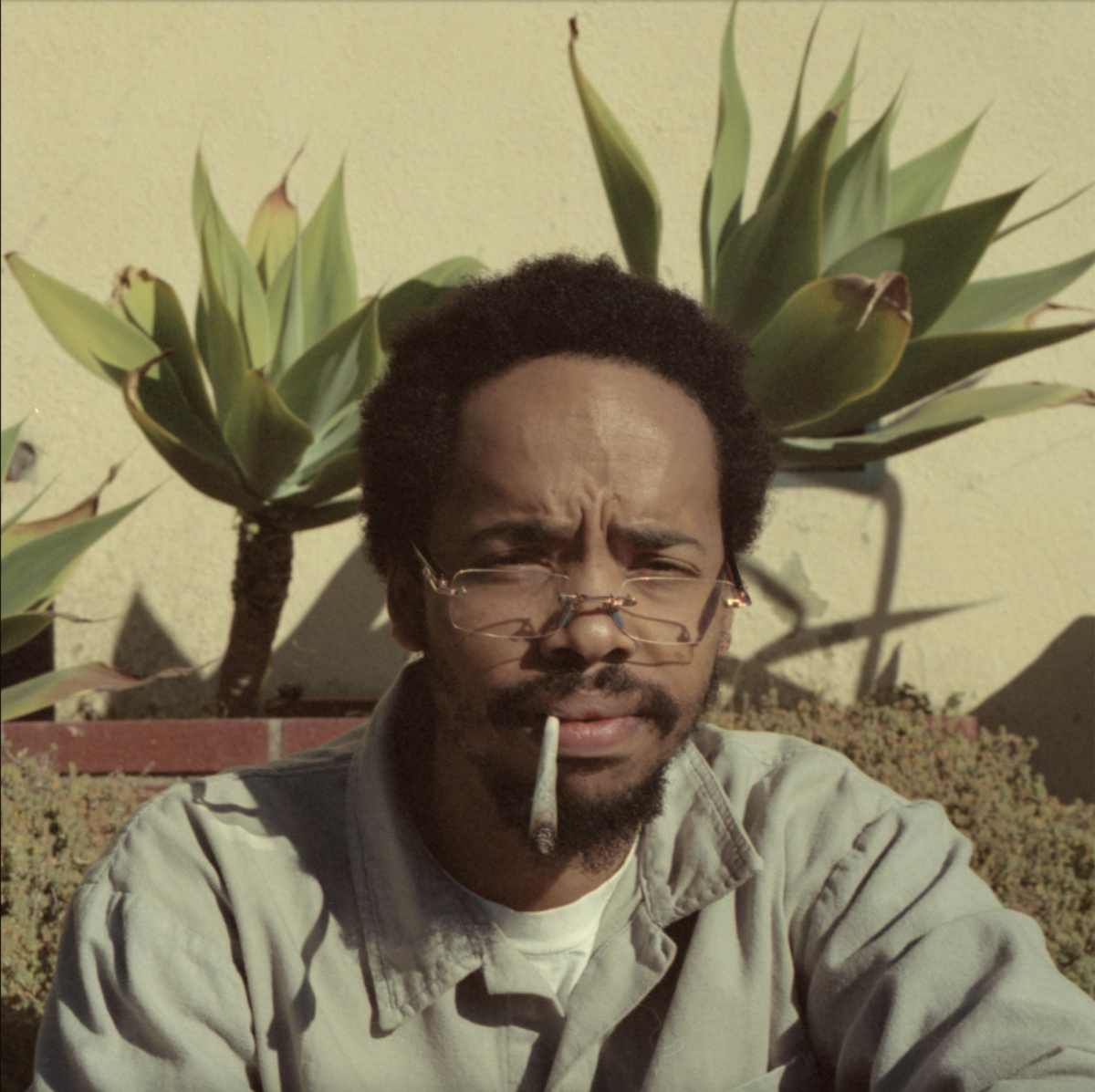San Jose State’s Stories for Solidarity club is proposing a mural installation in Yoshihiro Uchida Hall as part of its Justice for Japanese campaign, which aims to raise awareness about the campus’s involvement in Japanese American internment.
Two months after the attack on Pearl Harbor by Japanese forces in 1941, former President Franklin Roosevelt issued Executive Order 9066 that led to the internment of Japanese Americans, according to the U.S. National Archives.
The Dec. 7, 1941 surprise attack on Naval Station Pearl Harbor on Oahu Island, Hawaii resulted in more than 2,300 American deaths, leading to U.S. involvement in World War II, according to an Encyclopedia Britannica webpage.
Many Japanese Americans along the Pacific coast were targeted and interned. Some lost their homes, farms, businesses and personal belongings, according to the same U.S. archive.
During the internment from 1942-45, the Spartan Complex West was used to register 2,487 individuals of Japanese descent, according to a Feb. 14, 2016 NBC article.
Emma Segura, Stories for Solidarity club president and justice studies senior, said the mural would be one step closer toward reconciling SJSU’s past.
“We can’t ignore what happened and we can’t take it back, but we can do everything we can to educate the community so we can discontinue cycles of injustice against ethnic minorities,” Segura said. “Doing so will create a space for our Japanese brothers and sisters on campus within our communities.”
The club aims to fundraise $6,000 for art supplies and demonstration materials, Segura said.
Miko Baker, Stories for Solidarity club treasurer and sociology community change senior, said the university should support the mural for better representation and respect for Asian American community members.
“We’re on campus but we don’t take up space anywhere. That’s weird, it doesn’t add up,” Baker said in a phone call. “How do you expect people to feel a part of something if they don’t see themselves anywhere? That’s why we want the mural. Seeing that art up at Uchida Hall would be so validating.”
Yoshihiro Uchida is a 101-year-old SJSU alumnus and martial arts pioneer who served as a medical technician in a segregated army unit during World War II while his family was interned, according to a U.S. Judo Federation webpage.
The Spartan Complex West was renamed to honor Uchida in 1997, according to the university’s King Library Digital Archives.
Uchida led SJSU to 45 national judo championships over six decades of coaching and served as the judo coach for the 1964 U.S. Olympic Team, according to a booklet titled “Racial and Social Justice at San Jose State University: Students Respond with Social Action.”
The booklet was published on Oct. 19 by the Human Rights Institute, an SJSU research and policy institute that aims to create policy solutions to social problems, according to its university webpage.
Baker said Uchida regularly stays in contact with current judo students and the Stories for Solidarity Club.
“I’m thankful for the younger generation. They’re telling the truth about Japanese Americans,” Uchida said during a Nov. 5 open-mic event at Peanuts Deluxe Cafe. “Many Americans born here, they go on trips to Japan and are very happy . . . unaware of the culture and history of this land.”
Peanuts is located at 275 E. San Fernando St.
Baker said while many older Japanese descendants are unwilling to rehash past trauma, Uchida commonly talks about his past and encourages young people to carry on the fight for representation and equity.
Kenneth Mashinchi, SJSU senior director of strategic communications and media relations, said a mural would be a great way to establish Japanese American solidarity while ensuring Uchida’s life remains a relevant story in the university’s history.
“SJSU is supportive of the mural proposed by Stories [for] Solidarity, and is committed to working with the organization to install it in Uchida Hall,” Mashinchi stated in an email. “Including this mural in the building named after him will continue to honor his incredible life and Spartan legacy.”
University President Mary Papazian met with club members and voiced her support for the club and the proposed mural, according to an Oct. 19 Stories for Solidarity Instagram post.
“Stories for Solidarity is currently waiting on university approval and communication before plans continue,” Baker said.
“It seems like everybody’s for it, it’s just a matter of figuring out how,” Baker said. “That’s when the trickle down of power comes in, when working with different departments and advisory boards . . . All the typical bureaucratic powers.”
Baker said if plans are properly achieved, the mural should be finished in time for Uchida’s birthday on April 1.
She said she’s grateful to advocate for Japanese Americans and their history through art with a legendary member of the SJSU community like Uchida.
“We’re gaining representation and we’re doing it with someone who has lived through this,” Baker said. “Art provokes thought. I’m not doing my job if what we create isn’t causing people to think.”






































